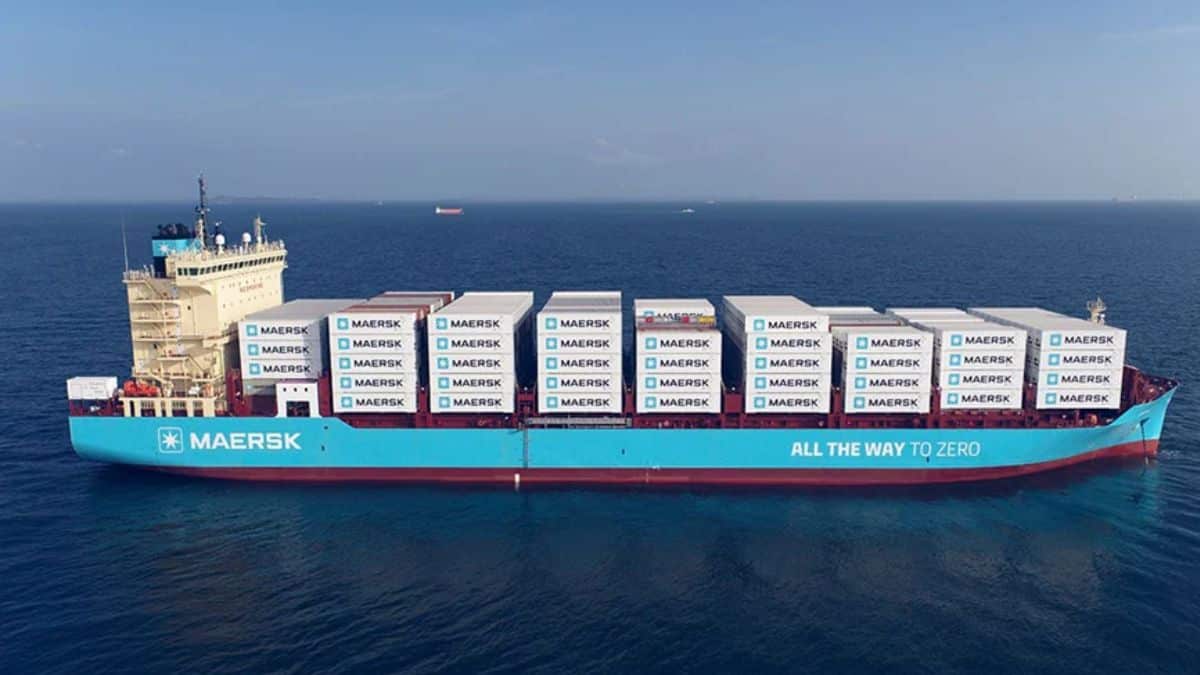Maersk, one of the world’s largest shipping companies, has announced plans to trial a range of eco-friendly fuels as part of its commitment to reducing carbon emissions. This initiative is part of Maersk’s broader strategy to achieve net-zero emissions by 2040, reflecting the growing pressure on the maritime industry to address its environmental impact.
Maersk’s decision to experiment with various alternative fuels, including biofuels, methanol, and ammonia, marks a significant step in the company’s transition from traditional fossil fuels. These trials are set to take place across Maersk’s fleet, with the company closely monitoring each fuel type’s performance, feasibility, and environmental benefits. The goal is to identify scalable and sustainable options that can be adopted across the industry.
The move comes when the shipping industry, responsible for nearly 3% of global carbon emissions, faces increasing scrutiny from regulators and environmental groups. The International Maritime Organization (IMO) has set ambitious targets to cut emissions, and companies like Maersk are taking proactive steps to meet these goals ahead of regulatory mandates.
Maersk’s exploration of eco-fuels is not just a response to regulatory pressure but also a strategic business decision. The company recognizes the need to future-proof its operations as customers increasingly demand greener supply chain solutions. By investing in sustainable technologies, Maersk aims to maintain its competitive edge and lead the industry towards a low-carbon future.
The trials will involve collaboration with fuel producers, technology providers, and academic institutions to ensure comprehensive testing and evaluation. Maersk has already made significant investments in methanol-powered vessels, with the first such ship expected to enter service soon. The company is also exploring partnerships to develop the infrastructure needed to support the widespread adoption of alternative fuels.
As Maersk embarks on this ambitious journey, the global shipping industry will be watching closely. Success in these trials could set new standards for sustainability in maritime transport, paving the way for a greener future. However, challenges remain, including the availability of eco-fuels at scale and the need for global regulatory alignment to ensure a smooth transition.
Maersk’s commitment to experimenting with alternative fuels underscores the company’s leadership in the push for sustainable shipping. As the trials progress, the outcomes could have far-reaching implications not only for Maersk but for the entire maritime industry as it grapples with the urgent need to decarbonize and combat climate change.

